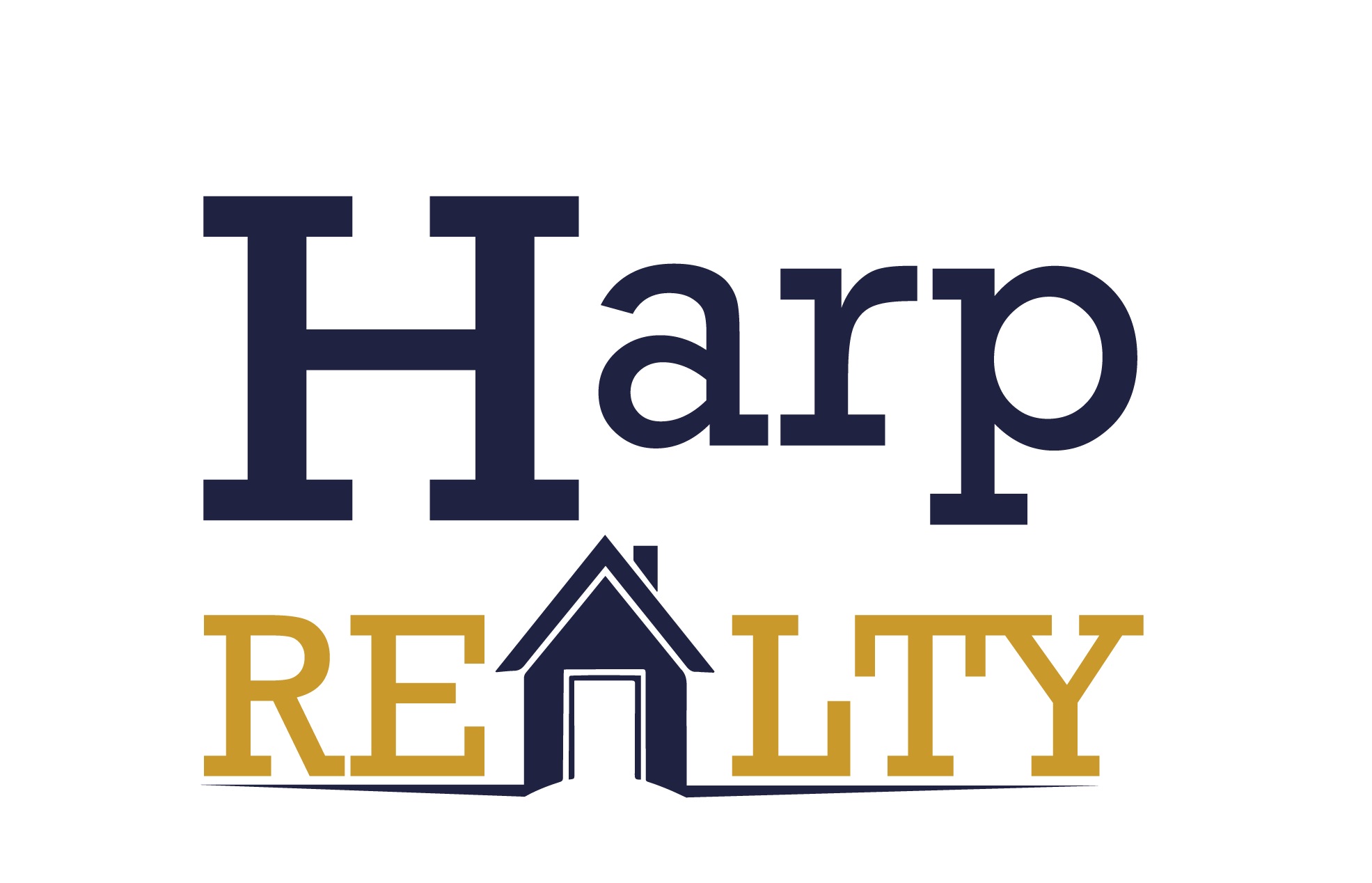
You just shut down the showing request for your home. You have a nice offer you just accepted. Then it happens—another offer with better conditions and higher price falls from the clouds. Now what?
Well first you as a seller need to understand that you signed a legally binding purchase agreement. So, it is important that you are confident that you want to accept an offer before signing.
If you think you can get a higher price for the property? Then you need to make provisions before signing the contract, or not accept the offer.
You also should understand that many sellers may not want to sign an agreement that allows the seller to get out of the agreement easily.
In an effort to prepare for this situation, you could counter with terms that allow you, as the seller, to continue to accept offers, and for the buyer to be allowed the option to match or exceed any higher offers you receive.
There are also things that can and do happen between the time a house goes under contract and the closing that may give the seller options. For example, the buyer has specific obligations called contingencies, which include things such as loan approval, home inspection, and a home appraisal. If the buyer fails to meet these contingencies by a designated date, the seller can cancel the agreement and then accept another offer.
Generally, buyers are the ones who back out of contracts rather than sellers. In many transactions, sellers may have to accept the initial offer, even if they receive a better one.
The one type of offer a seller can accept while under contract with a buyer is a backup offer. A backup offer puts that buyer next in line if for any reason the original contract falls through.
A backup offer puts sellers in a good position, and they should communicate to the buyer’s agent that they have one.
If you work closely with your real estate agent and carefully consider an offer before accepting it, you can still celebrate the fact that your property sold.
By R. Jones

